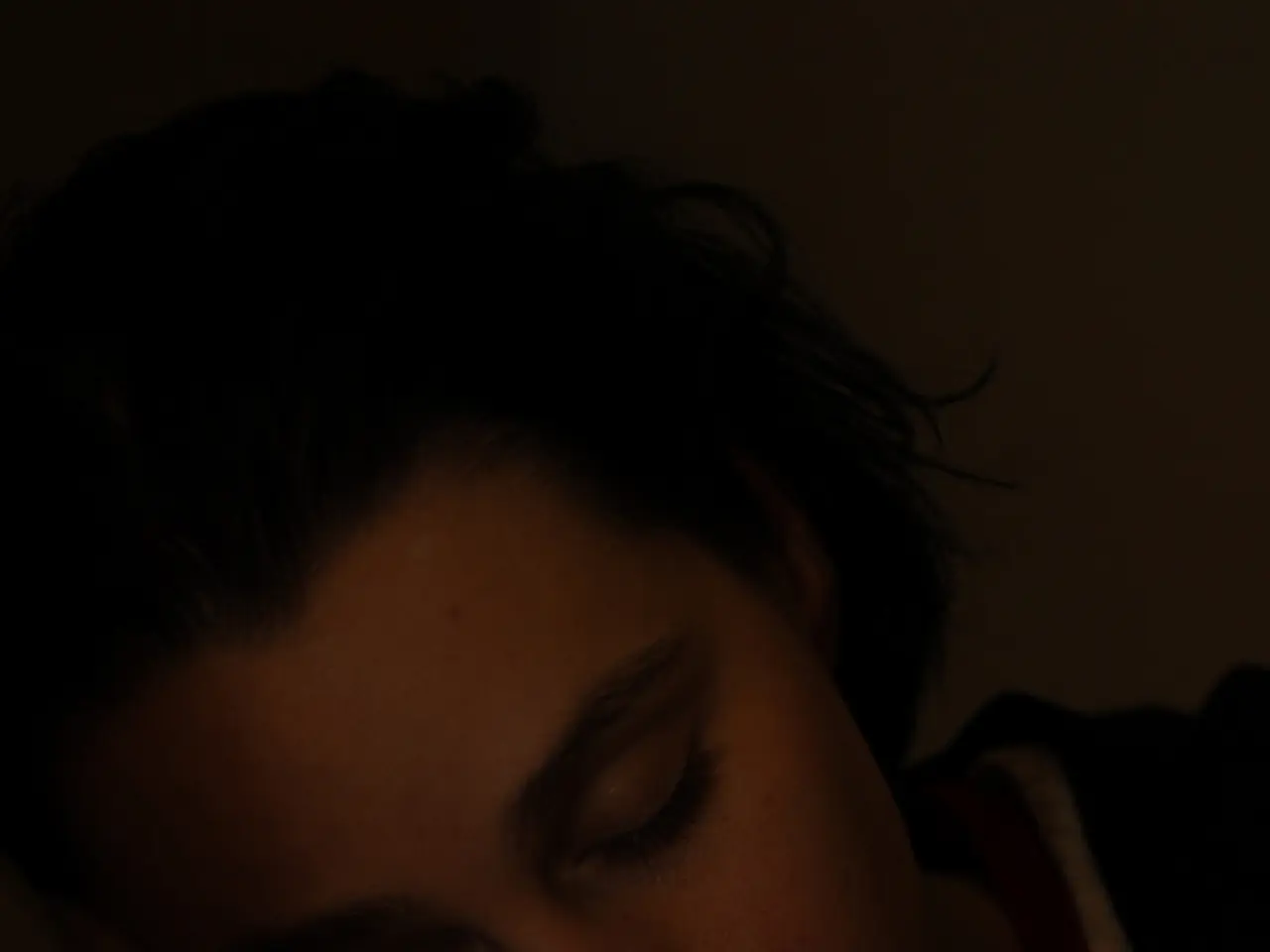Prolonged insomnia could indicate a significant character trait concern
Late Bedtimes Linked to Negative Personality Traits, According to University of Utah Study
A study conducted by scientists at the University of Utah in Salt Lake City has found a connection between late bedtimes and negative personality traits. The research, led by doctoral student Steven Carlson from the Department of Psychology, focused on the behaviour of "night owls" and "morning larks" and their sleep patterns.
The participants in the study, comprising 390 young adults with an average age of around 24 years, kept a sleep diary for two weeks, evaluating their own procrastination behavior in going to bed. They were categorized into two groups: those who prefer to stay up late, known as "night owls", and those who typically rise early, known as "morning larks".
To determine the personality traits of the participants, the researchers used another questionnaire. The participants filled out a standardized questionnaire to determine their sleep behaviour as well. The study focused on five personality traits: neuroticism, extraversion, openness, agreeableness, and conscientiousness.
The study results showed that those who tend to stay up late and have difficulty falling asleep have predominantly negative personality traits. "Night owls" were found to have higher neuroticism, lower conscientiousness, and lower extraversion. These traits suggest that individuals who habitually delay going to bed tend to experience more emotional instability, are less disciplined and organized, and are less outgoing or socially energetic.
The study also revealed that people who regularly delay their bedtime report seeking out exciting, thrilling, or entertaining activities less often. Difficulties in coping with fears and worries can also be a cause of procrastinating bedtime. Furthermore, the study found that procrastinating bedtime is linked to poor planning skills, low self-discipline, and problems with time management.
Steven Carlson, the lead author of the study, stated this information to the science magazine "EurekAlert". The study identified "night owls" as individuals who like to stay up late in the evening, while "morning larks" were identified as those who like to get up early.
[1] Source: University of Utah press release, 2021.
Science suggests that individuals who prefer late bedtimes often exhibit negative personality traits, such as higher levels of neuroticism and lower levels of conscientiousness and extraversion. These characteristics, paired with poor sleep habits, can contribute to mental health issues, demonstrating a need for health-and-wellness considerations regarding sleep patterns.




